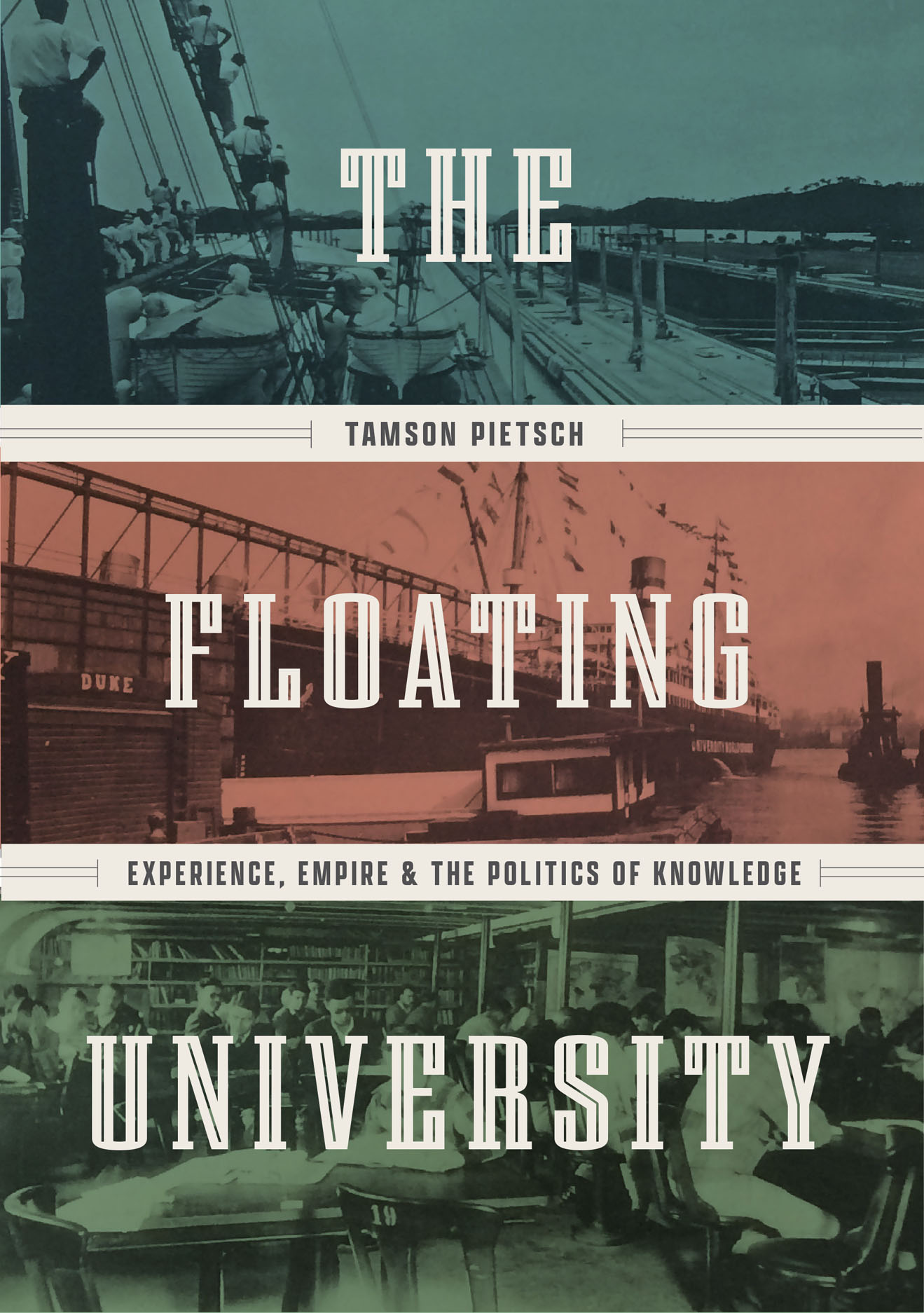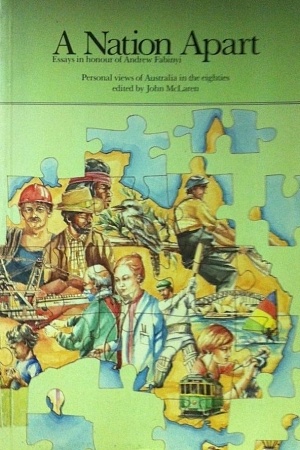‘In more than one place’
In October 2009, Shirley Hazzard spoke at the New York launch of the Macquarie PEN Anthology of Australian Literature. Hazzard read from People in Glass Houses, her early collection of satirical stories about the UN bureaucracy. Her appearance serves to remind Australian readers that Hazzard continues to occupy a defining, if somewhat attenuated, place within the expansive field of what Nicholas Jose described in 2008, on taking up the annual Harvard Chair of Australian Studies, as ‘writing that engage[s] us with the international arena from the Australian perspective’. Jose went on to cite Hazzard’s most recent novel, The Great Fire (2003), as part of ‘a range of material which Americans would not necessarily think of as Australian’.
Even among the significant cohort of Australian writers who have lived and worked in the United States in recent decades, Hazzard occupies a unique position, particularly in the way her work has delineated a writerly sensibility that finds its location, as well as its most receptive audience, unconfined by national borders and paradigms. Internationally, she is one of the great writers of movement, passage, transposition and transit. Her novels trace the fate of a series of young expatriate female protagonists in the geographical and emotional vistas opening up after World War II, but before the social upheavals of feminism. They take her readers into moral territory that is at once utterly sure and breached at every turn, with the certainties of romance forms tested by human vulnerability and the often brutal social and political canvas of modern life.
Continue reading for only $10 per month. Subscribe and gain full access to Australian Book Review. Already a subscriber? Sign in. If you need assistance, feel free to contact us.




